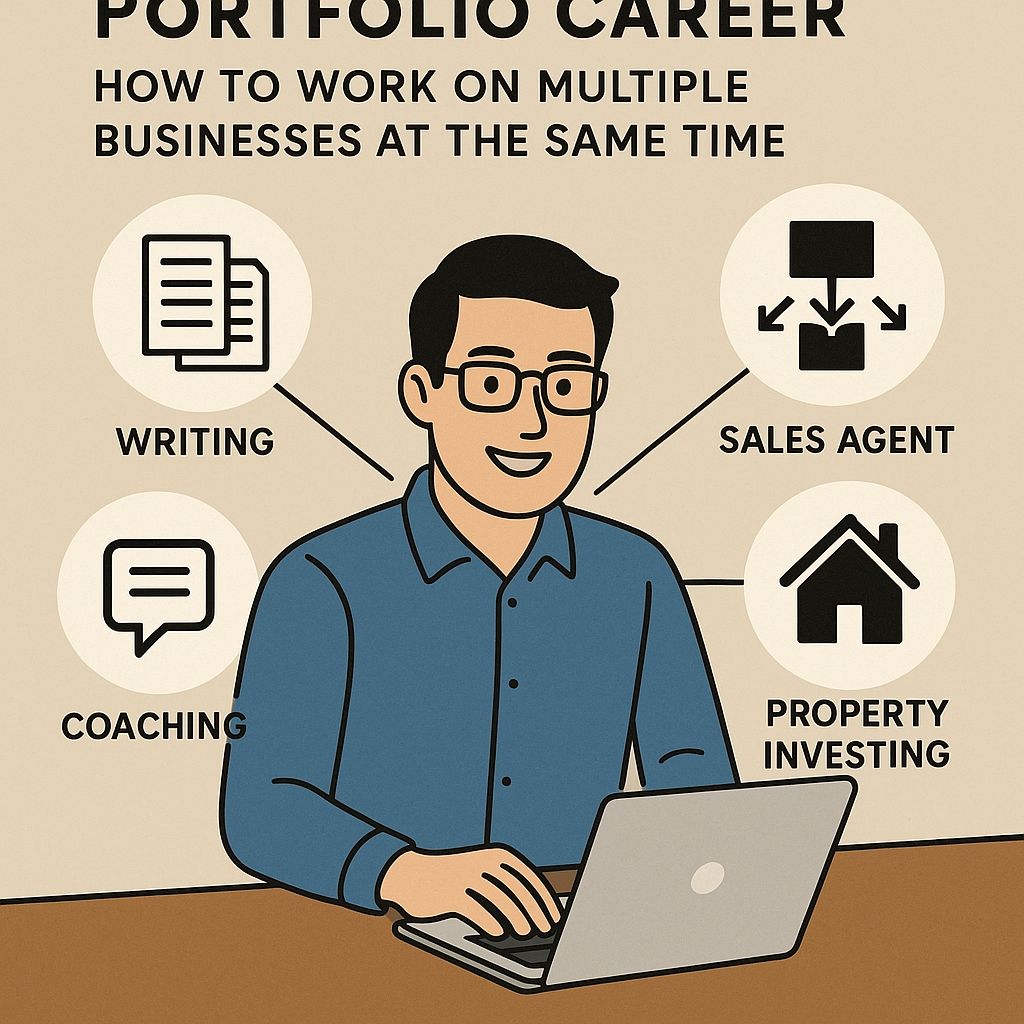I’ve been passionate about personal growth for around 30 years now. I’ve studied NLP (Neuro Linguistic Programming) and am a certified life coach and hypnotherapist. I am always open to looking at new technologies. Lately I’ve come across what is known as shadow work.
Shadow work sounded esoteric and I’m always a sucker for something new and secretive, so I’ve decided to investigate it.
Continue reading “Is Shadow Work Useful for Personal Growth?”







